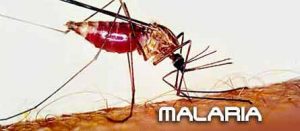Uhuru Kenyatta was elected president of Kenya under The National Alliance (TNA), which was part of the Jubilee Alliance with his running mate William Ruto’s United Republican Party (URP). Uhuru and Ruto won 50.07% of votes cast, with closest rivals, Raila Odinga and running mate Kalonzo Musyoka of the Coalition for Reforms and Democracy garnering 42%. Raila disputed the election results at the Supreme Court which however held (7–0) that the election of Uhuru was valid and such irregularities as existed did not make a difference to the final outcome . Uhuru Kenyatta was therefore sworn in as President on 9 April 2013.
The Coalition for Reforms and Democracy is a coalition of multiple political parties, built around the triumvirate of Raila Odinga,Kalonzo Musyoka, and Moses Wetangula, to contest the Kenya General elections of 2013. The members of the coalition are Orange Democratic Movement, Wiper Democratic Movement, FORD-Kenya, Kenya Social Congress, The Independent Party, KADU–Asili,Peoples Democratic Party, Mkenya Solidarity Movement, Chama Cha Uzalendo, Muungano Development Movement Party of Kenya,United Democratic Movement, Chama Cha Mwananchi, Federal Party of Kenya, Labour Party of Kenya Following the hotly contested elections that saw Jubilee alliance win, Cord filed a petition contesting the results. The Supreme Court rejected Cord’s petition and declared Kenyatta the president-elect.
The Coalition of Reforms and Democracy (CORD) is currently the official opposition party in Kenya. It has a wide support in Kenya with roughly 50% of the Electorate in Kenya.





